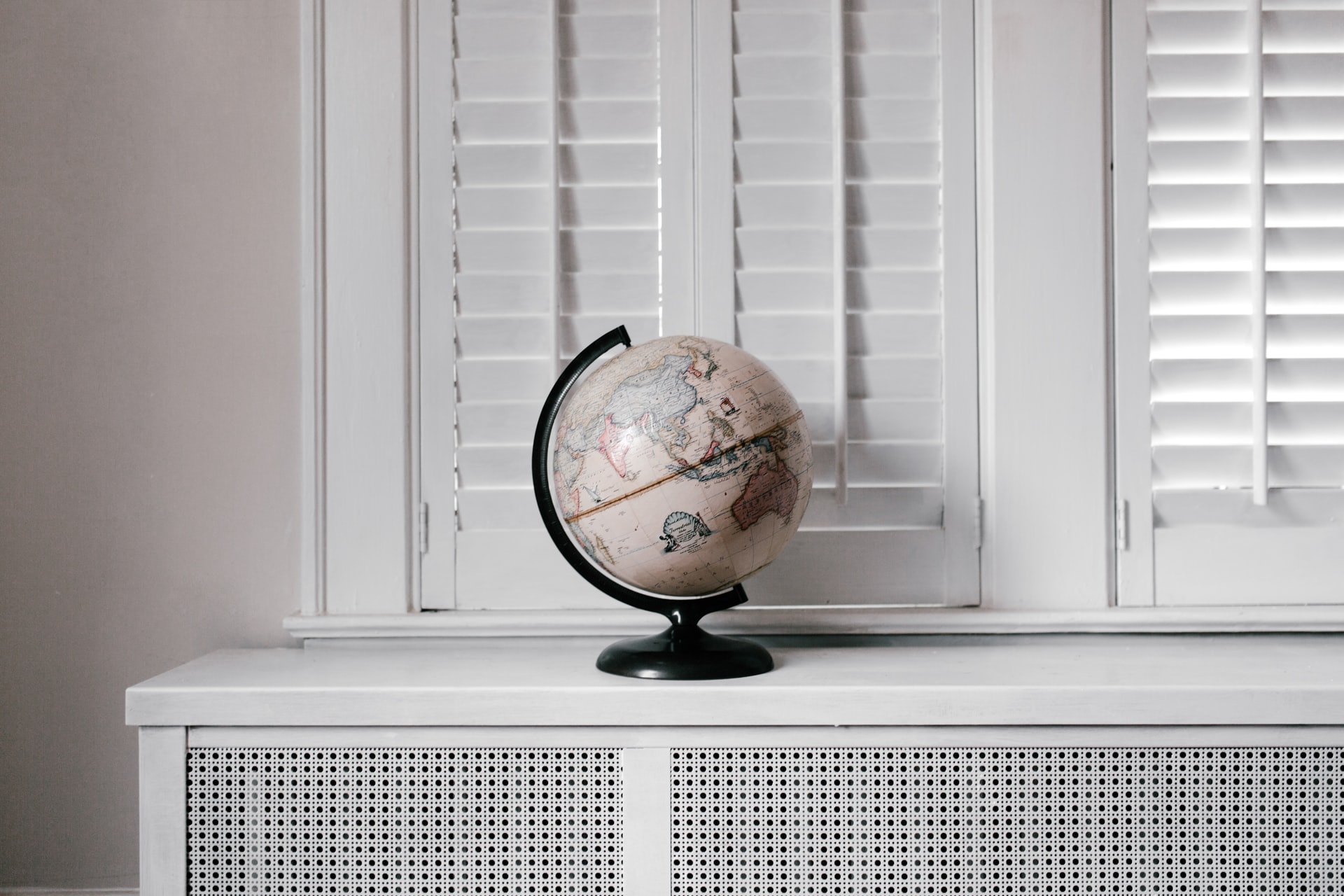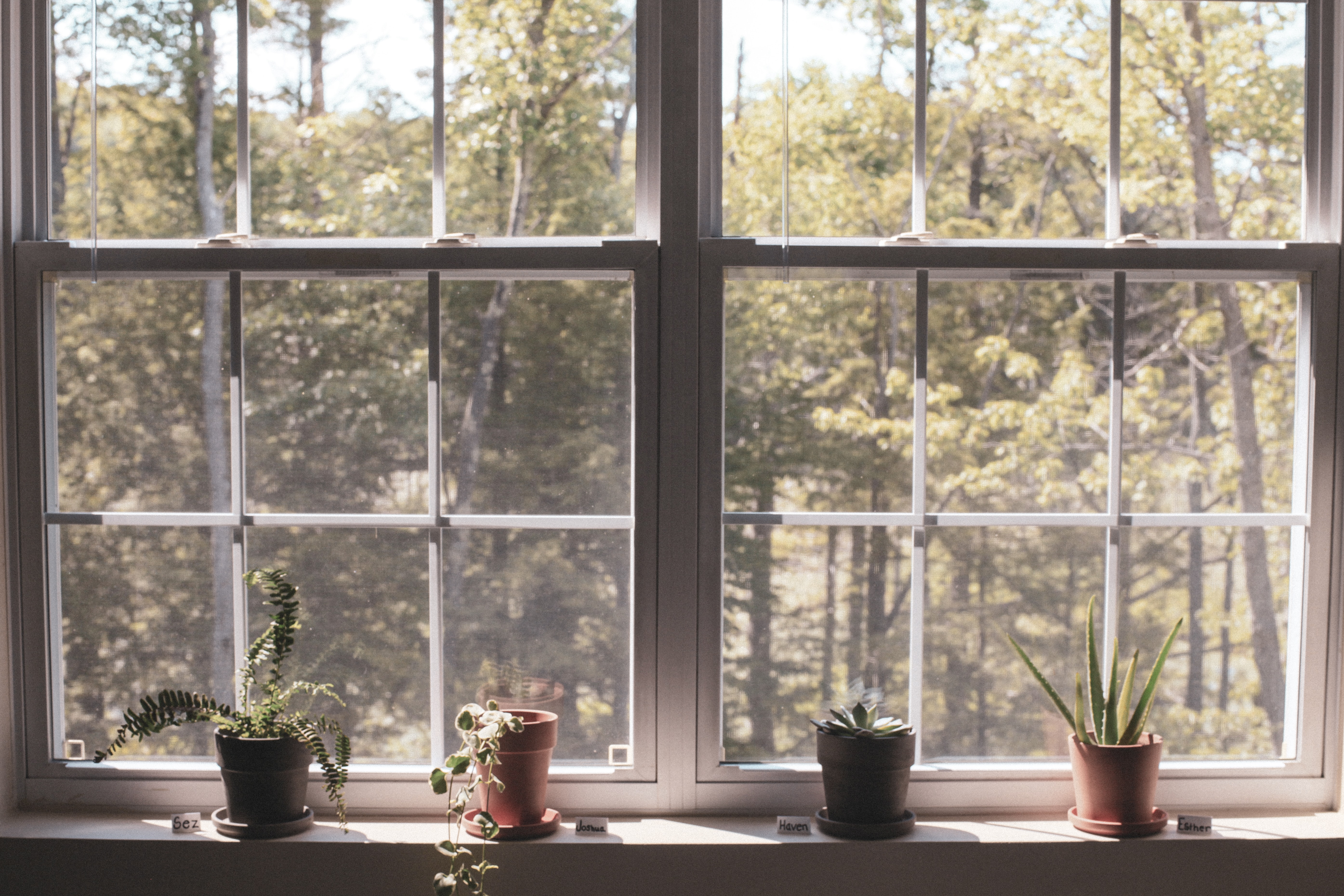Photo by Andrew Neel on Unsplash
Let me just set something out straight away: sustainability is not about deprivation. This is not a year-long trip into minimalism that we will all end up sitting in empty apartments with twelve items of clothing in our wardrobe eating pasta out of a saucepan because we’ve donated all our bowls.
This is not about going completely plastic free, or zero waste. We are not going to end the twelve months with only a mason jar full of that year’s disposable rubbish. While I can dream of a world full of closed-loop production systems and self-sustained eco-houses, these are not changes that are easy or convenient for everybody to immediately switch to.
It would be easy for me to sit here and list twelve things we should all cut out of our lives and that be that. It would be just as easy for me to list “eco-friendly” brands each month, recommending new purchases each with a hefty price-tag just because they are made of bamboo or organic cotton. I will not list hundreds of pounds worth of “swaps” for everyone to make, or preach to you about it is hard at first but after a few years you will be living completely waste-free. I have been making conscious changes for four years, and I am still not perfect. I still own a bin, I still accidentally mix up my recycling, I still find clothing unworn at the back of my wardrobe that I bought for an event I ended up missing.
Zero-waste living is something that is achieved with immense privilege. Many people with disabilities were deeply affected by the banning of plastic straws as it can be their only way to drink. Those on daily medication or frequent hospital trips are going to inadvertently produce more disposable waste than others. Until larger systematic change is in place, being completely zero-waste cannot be immediately attained by everybody, and many current “zero-waste” swaps are not appropriate or accessible by those from lower income backgrounds, those with children, who work three jobs, who live in a flat share or with their family members.
Long term global sustainable living is what we are striving for. Sustainable means long-term, it means living with intention and not losing yourself in the endless buzz of city life. It means adaptability. It means letting yourself make a few mistakes, and just making sure you try again tomorrow.
The twelve month programme is also here to make you more aware of greenwashing; a tactic generally undertaken by large corporations to get environmental activists off their backs without actually making any huge changes. For example McDonald’s released a statement where they announced the banning of plastic straws back in 2018, before replacing them with paper straws which were not recyclable. McDonald’s has since committed to making all food packaging sustainable by 2025.
I am not saying this is going to be easy, because it won’t be. I will be suggesting new ways of living that are not easy or ideal for everyone. I might be asking you to try and change a lifestyle habit you love. Change can flare anxiety, and it can incite awkward conversations between friends and family who don’t agree with your values. But as the last few months have taught us as a global community, it is that change happens whether we like it or not. And with global disasters coming quicker and faster, adaptability is our best friend. According to a popular statistic we have ten years left to tackle global warming before we reach crisis point. While this might seem wildly unachievable for your average person, just remember that small changes made by hundreds of people are more effective than huge changes made by few.
I can sit and recommend brands until the cows come home, but conscious consumerism is about ultimately understanding yourself, understanding what you are buying, why, and where it has come from. Not buying it because a list on a website has deemed it “eco” enough. FreeBird is about helping you make your own choices and decisions, we only encourage you to remain informed, to keep asking questions. To raise awareness among your community, and to assist those who cannot make the changes you can. To stay curious and uncomfortable.
Photo by Vika Chartier on Unsplash



Recent Comments